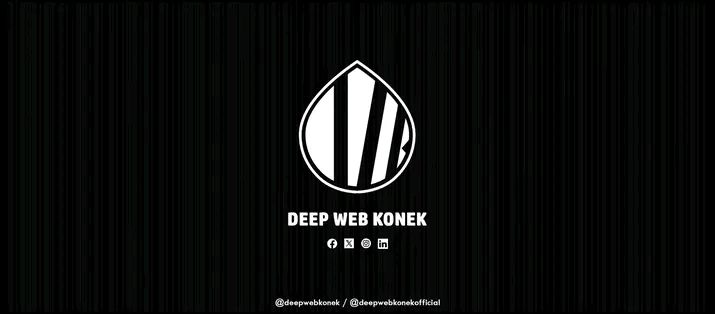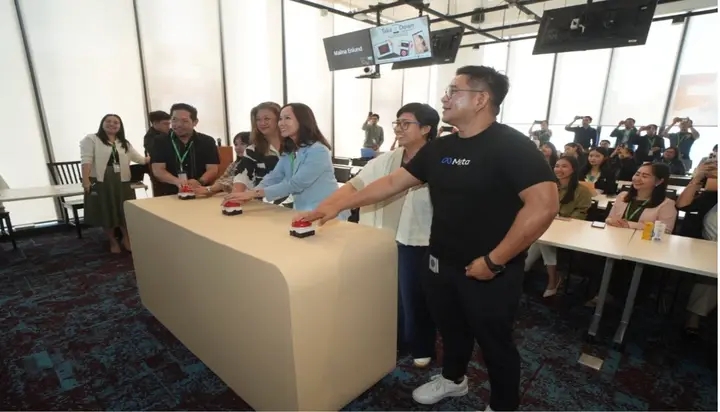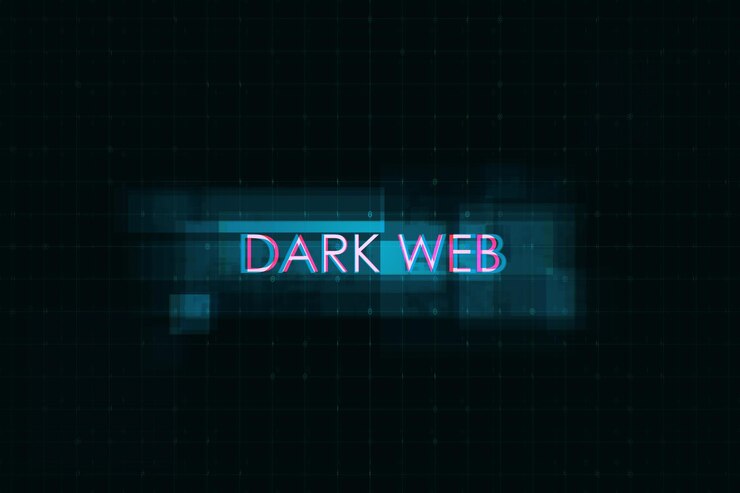Philippines Eyes Tighter AI Rules: House Bill No. 807, “Take It Down Act of 2025”
A new legislative proposal in the Philippines: House No. 807, dubbed the “Take It Down Act of 2025” seeks to criminalize the creation, distribution, and even possession of non‑consensual, sexually explicit material, including those generated by AI tools such as deepfakes.
The bill, filed by Bagong Henerasyon Partylist Rep. Robert Nazal, emphasizes the misuse of generative AI in crafting realistic nude images for “harassment, extortion, or humiliation”, and laments that current Philippine laws do not sufficiently address these threats.
https://iili.io/FirYysR.png
To streamline content removal, the bill proposes that the Department of Information and Communications Technology (DICT) set up a P50‑million “Take It Down” portal, empowering victims to submit verified takedown requests. Platforms would then be compelled to act swiftly: requests must be processed within 24 hours, and content removed within 48 hours, or be subject to fines up to ₱1 million per incident.
Sanctions under the bill are severe: offenders could face up to 12 years in prison, with penalties rising to 20 years if the victim is a minor. Victims can also pursue damages via civil suits, with all proceedings kept confidential to protect their identity.
The proposal gains urgency amid disturbing revelations presented during a Senate inquiry. Last April 3, the Senate Committee on Women, Children, Family Relations and Gender Equality heard explanations from cybersecurity group, Deep Web Konek, which detailed how AI is already being used to exploit children online.
Using an AI tool in a live demonstration, the group showed how a photo of a child can be manipulated to generate fake nude images in seconds. “You can mark the clothing, choose a body type, and simply click ‘produce.’ After a few seconds, lalabas na po 'yung picture,” explained John Renzhel Villamayor, the group’s Director for Internal Affairs.
Villamayor emphasized that such technology is easily accessible online and can be used even without technical expertise. “It shows how easy it is to abuse emerging technologies to produce this kind of content,” he warned.
The Senate hearing has bolstered the case for HB No. 807, signaling a growing consensus that legal safeguards must catch up with technological abuse. As AI tools become increasingly sophisticated and accessible, the country faces a pivotal moment in shaping how it protects its most vulnerable citizens from digital exploitation.









